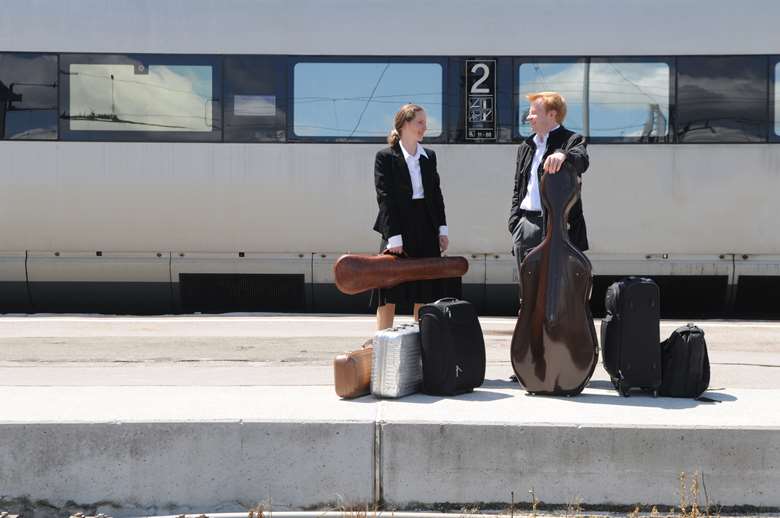House of Lords keep up pressure on government over music touring
Simon Mundy
Friday, January 29, 2021
If the government thought that the anger over the touring visa issue would be allayed by a meeting between the secretary of state and music organisations, it has been disabused.


Register now to continue reading
Don’t miss out on our dedicated coverage of the classical music world. Register today to enjoy the following benefits:
- Unlimited access to news pages
- Free weekly email newsletter
- Free access to two subscriber-only articles per month